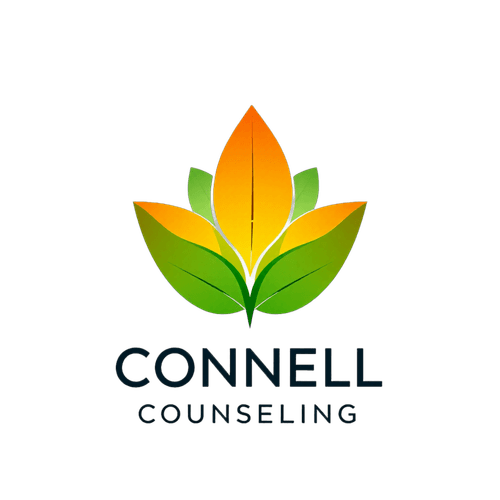🔄 1. Establishing Routine
-You’re now more familiar with the group format, facilitators, and expectations.
-Regular attendance helps you start to feel part of a structured recovery routine, which is a huge step toward stability.
-Showing up consistently (even on tough days) becomes a core part of your progress.
